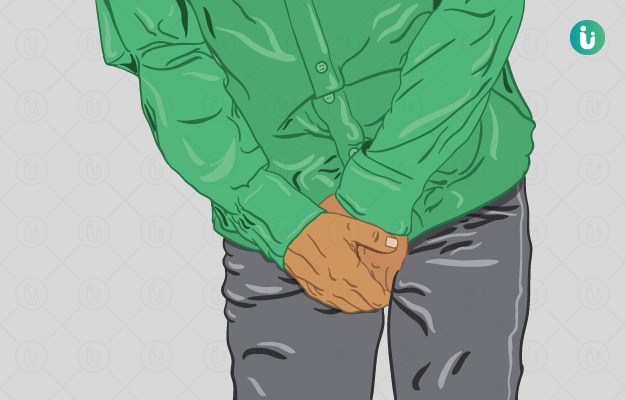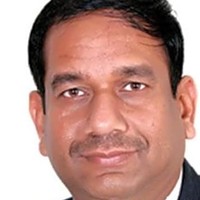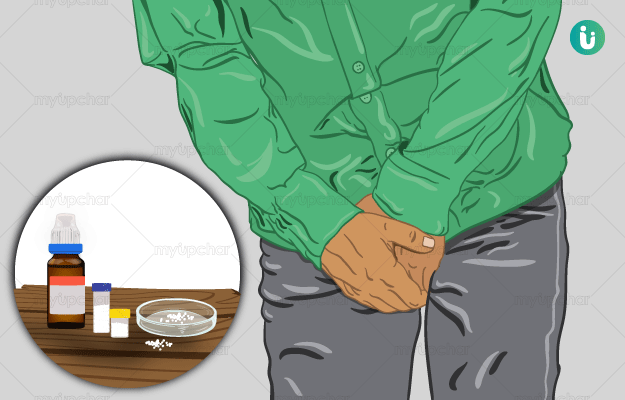Summary
Pain in the penis (or penile pain) can occur in the head, shaft, or base of the penis. It may also affect the foreskin. Pain in the penis can be a result of trauma, accidents or any underlying diseases and it affects men of all age groups. Penile pain depends on the underlying condition that causes it. It may have a sudden onset (acute) such as in people with injuries or gradual (chronic) and become worse over time. Any type of pain in the penis is a cause for concern, especially if it occurs during erection, or makes urination difficult or is accompanied by bleeding, abnormal discharge, soreness, redness or swelling.

 Doctors for Penile Pain
Doctors for Penile Pain  Penile Pain articles
Penile Pain articles

 Home Remedies for Penile Pain
Home Remedies for Penile Pain
 Homeopathic Treatment of Penile Pain
Homeopathic Treatment of Penile Pain































 Editorial Team
Editorial Team

 Dr. Rachita Narsaria
Dr. Rachita Narsaria











